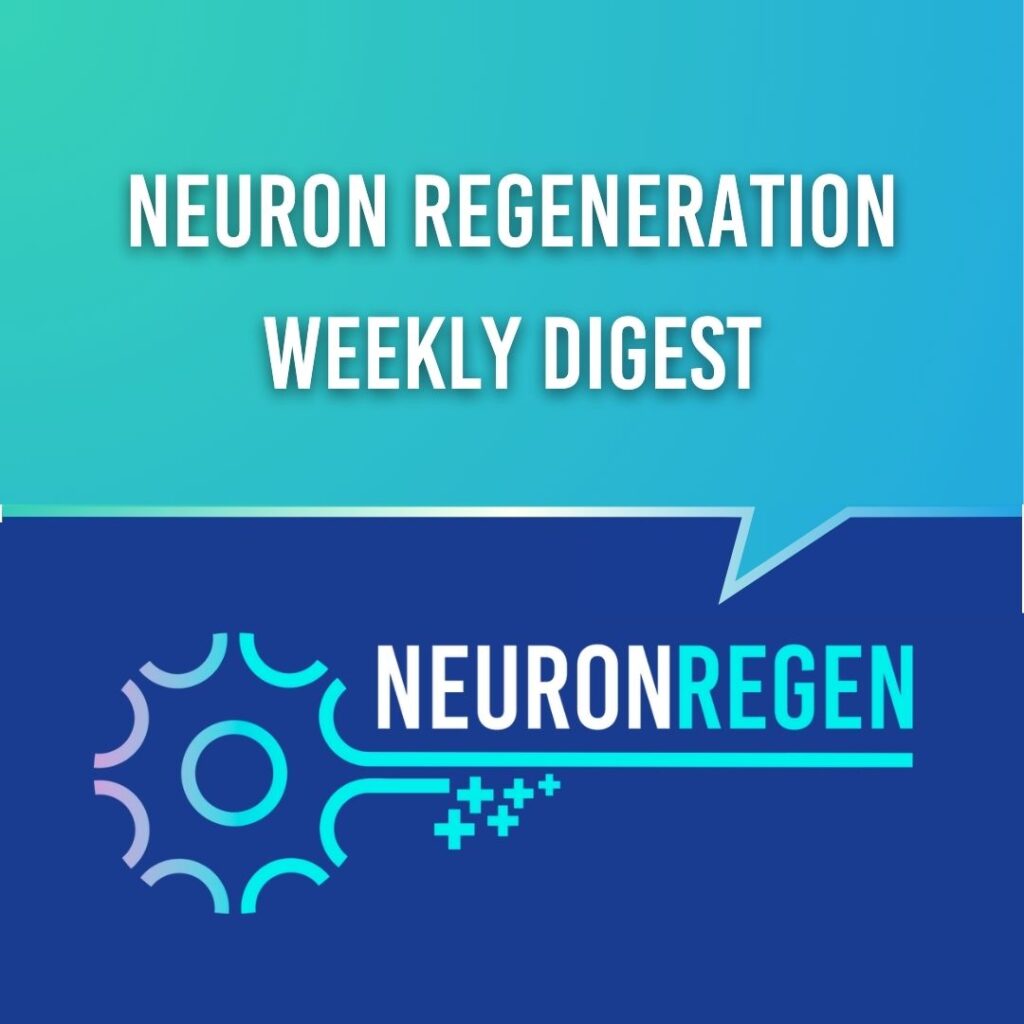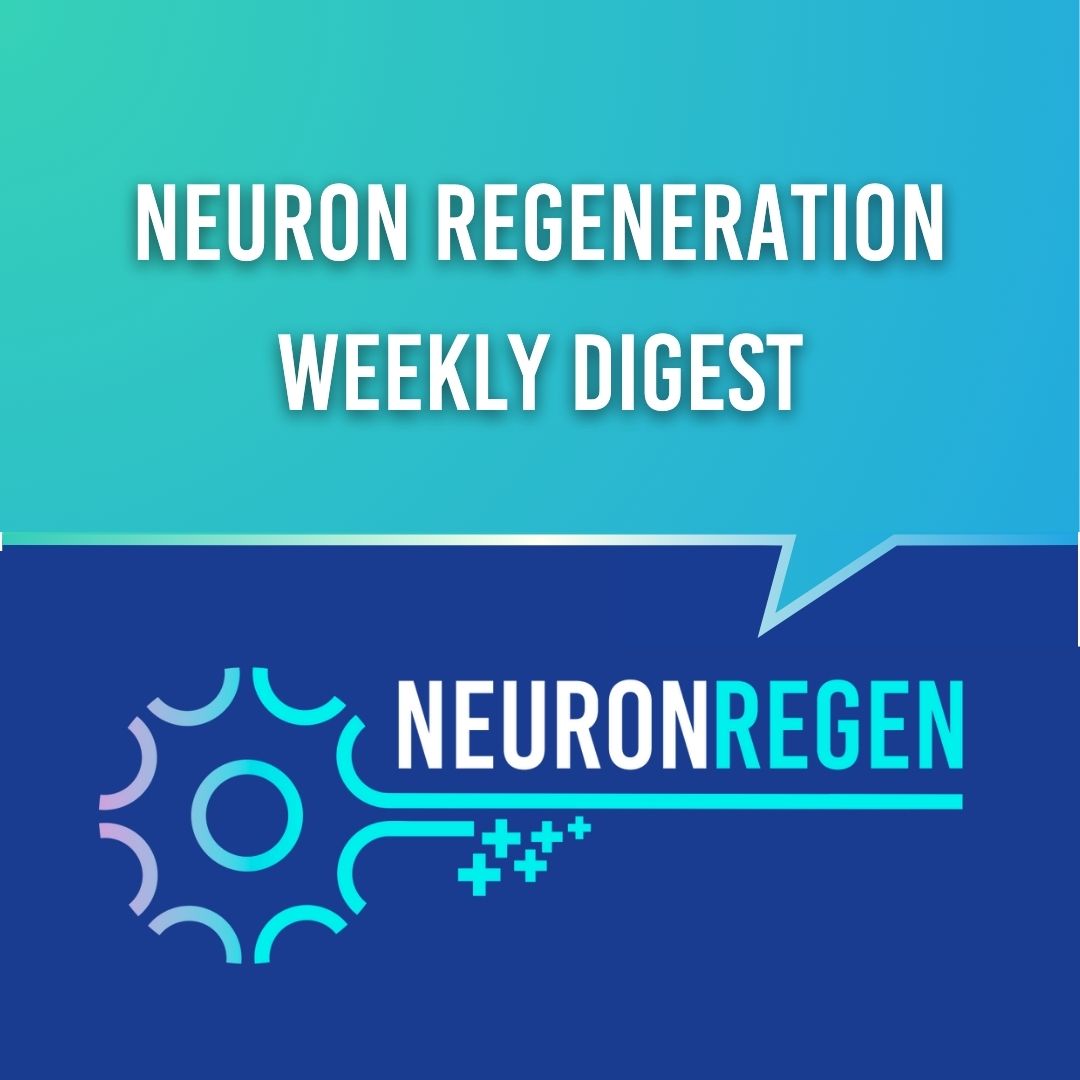The nervous system’s resilience and fragility continue to inspire innovative research into how best to repair damaged neurons and halt degenerative processes. Recent investigations shine a spotlight on diverse pathways—ranging from immune modulation in Parkinson’s disease to epigenetic targeting in Alzheimer’s and advanced gene delivery for spinal cord repair. Each study underscores a unique angle in our collective pursuit of treatments that nurture neuronal health, reduce inflammation, and restore function.
Below, we highlight three key findings that provide fresh perspectives on neuroprotection and regeneration..

1. Spermidine Inhibits M1 Microglia Polarization in a Mouse Model of Parkinson’s Disease and BV2 Cells via NF-κB/STAT-1 Pathway
New research reveals that spermidine, a natural polyamine, may reduce harmful brain inflammation in Parkinson’s disease by shifting microglia from a pro-inflammatory (M1) to a protective (M2) state. This effect, driven by modulation of the NF-κB/STAT1 and STAT6 pathways, could pave the way for novel therapeutic strategies aimed at preserving neuronal health.
2. HDAC11 displays neuropathological alterations and offers as a novel drug target for Alzheimer’s disease
Researchers have identified HDAC11 as a key player in Alzheimer’s disease, showing its link to both amyloid buildup and neuroinflammation. A new, brain-penetrant drug candidate, PB94, selectively inhibits HDAC11—reducing plaques, easing inflammation, and improving cognition in AD models. This discovery paves the way for a promising therapeutic strategy targeting epigenetic regulation in AD.
3. Lentivirus-mediated overexpression of netrin-1/DCC co-expression promotes axonal regeneration and functional recovery in spinal cord injury via the inhibition of the NgR1-RhoA-ROCK signaling pathway
A new study reveals that co-expressing Netrin-1 and its receptor DCC in spinal cord injury models significantly enhances axonal regeneration and motor recovery—by turning down the NgR1-RhoA-ROCK pathway, a key inhibitor of nerve repair. This discovery opens doors for more effective neuroregenerative therapies.
If you’d like to stay informed of the latest publications and breakthroughs in neuron regeneration, join our email newsletter to the right (or below on mobile). We send out weekly updates with the latest papers and studies, as well as podcast episodes with the people driving Neuroregenerative breakthroughs.

